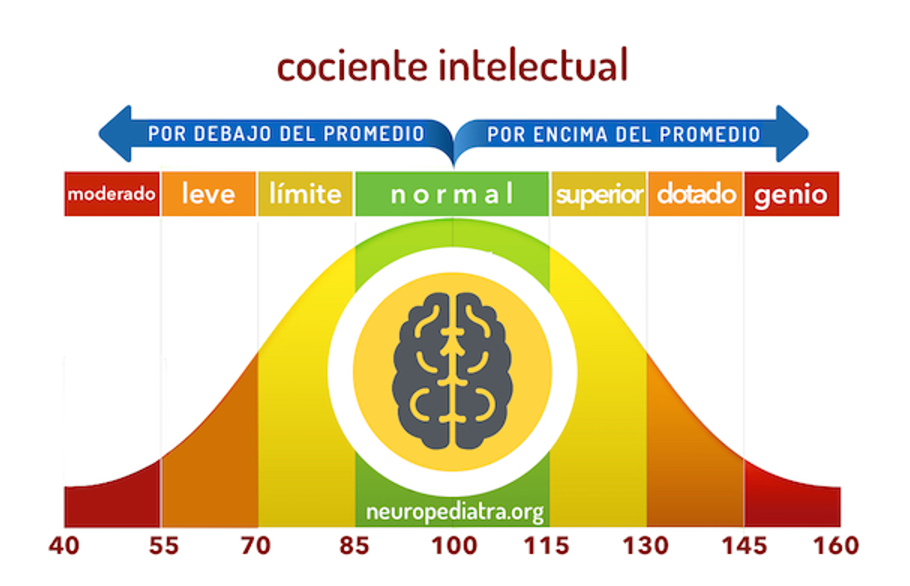Curiosities about the 5 youngest people in history received a Doctorate
There
is no ideal age to do a doctorate, since this is not a requirement, but rather, we could say that it is vocational. But it is true that most of the profiles of people with doctorates are professionals who have decided on the path of research after some experience in the labor field, for which their age exceeds 30 years.
However, by way of inspiration, it is interesting to meet those who have managed to position themselves as the youngest doctors in history. Great prodigies whose IQ has allowed them to receive the highest professional degree at an early age.
Today we want to dedicate this entry to curiosities surrounding Ph.D. studies, and in this case, introducing the 5 youngest people in history with that degree.
Karl Witte
He was the youngest person to receive a Ph.D., born in 1800 and dying in 1883. As a child, he was used as the subject for a book written by his father: "The Making of the Child".
When Karl turned 13, he earned a Ph.D. in Philosophy at the University of Giessen, Germany. This made him a Guinness Book of World Record holder as the Ph.D. youngest starter in the world. Record yet to beat.
Kim Ung Yong
South Korean child prodigy holding the Guinness Book of Records for the highest IQ with a score of 210. At age 8, he began studying nuclear physics at the University of Colorado, graduating with a master's degree, and later took a job at POT. He became one of the Ph.D. youngest at the age of 15.
Balamurali Ambati
He is among the 10 youngest teachers in the world. American Indian ophthalmologist. He graduated from New York University at the age of 13 and then continued his studies at the Mount Sinai School of Medicine, New York. In 1995, he graduated at the age of 17 and became the youngest doctor as seen in the Guinness Book of Record.
Balamural then went on to finish most of the necessary medical training from him. At the age of 24, he became the youngest practicing physician ever.
As a result of his experience, he can use his skills to help various people today. He is associated with research studies and works globally and internationally performing complex surgeries and medical procedures.
Ruth Lawrence
In 1985, at age 13, she became the youngest British person to earn a first-class degree and graduated from Oxford University with a degree in modern studies. At the age of 17, she obtains a doctorate in mathematics from Oxford.
She today is known for her work in the fields of algebraic topology and knot theory.
Norbert Wiener
Norbert was homeschooled by his father when he was a child in math.
In 1909, he was awarded a bachelor's degree in Mathematics. In 1912, at age 17, he earned his Ph.D. he is the youngest in the history of Harvard University.
Another interesting point to talk about these prodigies is the Intellectual Coefficient. If we analyze the IQ in the world, the average population has an IQ that fluctuates between 90 and 110, if a human being exceeds this average, we could say that he is considerably intelligent. On the other hand, if it exceeds 140 IQ, we would already be talking about a prodigy.

To give you an idea, the scientist Albert Einstein had 160 IQ points and the physicist Stephen Hawking 152.
But beyond age and IQ, the most important thing to be able to obtain a Ph.D. is the motivation to achieve it. There is no intelligence or idea that limits a person to achieve the goals that he sets for himself. Much less in the current era, where it is completely possible to receive the best education from anywhere, thanks to the wide range of online doctorates.